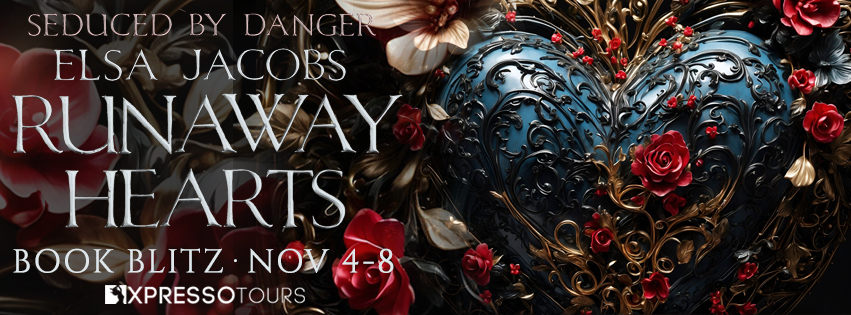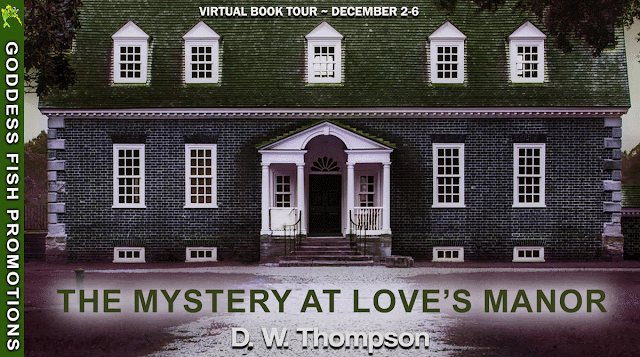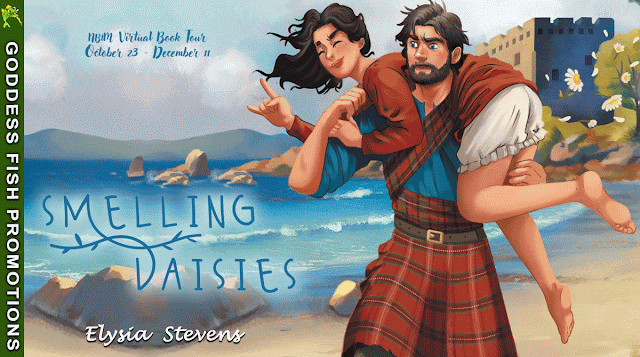Add to
Goodreads
Interview with Eileen Colucci
What
inspired you to write SHE’S LIKE A RAINBOW?
I read an article about Miracle, a
white buffalo calf that was born on a South Dakota farm to black/brown parents.
I learned that white buffalos are very rare but that, due to some strange
phenomenon, other species, such as tigers, whales and turtles, were also
experiencing white young being born. The white buffalo calf would not remain
white, but would turn various colors – black, yellow, red and finally brown.
Some Native American tribes believe that Miracle and other white buffalo are
sacred and symbolize all the different races of humanity.
As I read, an idea was born. What if
a human baby was born white to black parents? What if her skin repeatedly
changed color as the legend of the White Buffalo played out on the human stage?
I did not write my novel by purposely planting symbols throughout. Instead, I
just let the words flow, hoping they would ultimately convey a message. Ray
Bradbury once said, “I don’t want to set out to influence people. I don’t want
to set out to change the world in any self-conscious way. That way leads to
self-destruction; that way, you’re pontificating, and that’s dangerous and it’s
boring – you’re going to put people right to sleep.”
Hopefully, I will not put my readers
to sleep. I do hope that SHE’S LIKE A RAINBOW will promote peace and
understanding among people of different cultural and ethnic backgrounds. My aim
is to stimulate discussion on everything we have in common as human beings
regardless of our particular heritage. I believe we are all interconnected.
Can
you tell us a little bit about the next books in the series or what you have
planned for the future?
SHE’S LIKE A RAINBOW is not the
first book of a series. It stands alone. I am hoping to start working soon on
my third novel, but I am waiting for inspiration. In the meantime, I am
planning to write some essays for publication. I am working on one now about
having my dear father’s vintage Gibson guitar restored more than forty years
after he died.
Can
you tell us a little bit about the characters in SHE’S LIKE A RAINBOW?
SHE’S LIKE A RAINBOW is magical
realism. As such, I had a lot of freedom creating the characters. They are
totally made up unlike in my first novel, THE STRINGS OF THE LUTE, which is
about a mixed Moroccan-American couple and, while fiction, is loosely based on
my own experiences.
Reema, the main character and
narrator of the story, and her friends and family are Moroccan. I hope that my
readers will find their voices authentic. Although Reema is Moroccan, she
experiences many of the things all teenagers, regardless of their ethnicity, go
through: alienation, anxiety, identity crisis, and just plain wishing to be
“normal” and like everyone else. The challenges that Reema faces are similar to
those that confront any young person. Her changing skin tones could be compared
to a disability or any condition (underweight or overweight, for example) that
causes a person to feel like an outsider and to be the object of ridicule and
bullying.
Among the other characters are
Reema’s mother, Lalla Jamila, who is very strict with her and treats her
differently than her younger sister, Zakia. Reema seeks comfort with her two
best friends and classmates, Batoul, a Moroccan girl, and Khalil, a
Dutch-Moroccan boy. The three are
inseparable. As Reema struggles with her strange skin condition and the trials
of adolescence, her friendship with Khalil turns to first love, threatening her
friendship with Batoul.
As Reema matures, she comes to terms
with her skin color and her ethnicity. She says on page 171, “If my
transformations had taught me anything it was that my ethnicity was literally
not skin-deep. Over the years, I had always kept my “Moroccan-ness”: it was in
the food I ate and the way I ate it; in my beliefs and prejudices; in my very
being thanks to my upbringing and daily environment. No matter what my physical
attributes might be … I would always be Moroccan.” In this respect, Reema
strives to “feel good in her own skin,” something we can all relate to, no
matter our culture or heritage.
You
know I think we all have a favorite author. Who is your favorite author and
why?
This is a hard one because there are
so many “favorites.” But, if I had to choose one it would be J.D. Salinger,
author of my favorite book of all time, THE CATCHER IN THE RYE. For me, this is
the ultimate coming of age story: a teenager, grappling with the death of a
sibling and fearful of losing his sister, reaches a crisis, flees the school
from which he has been expelled, and goes on a road trip. As he tries to make sense
of his life, Holden Caulfield epitomizes teenage angst and alienation and does
so with much humor. When I first read CATCHER for school, I was a teenager like
Holden and totally identified with him and his disdain for all the “phonies”
out there. Many years later, my teenage son was reading it for school and I
picked it up and reread it. It was a totally different book. This time I
identified with Holden’s mother (who was mostly absent from the actual
narrative), experiencing it as the parent of a troubled child, my heart going
out to him and wanting to absorb his pain. A while ago, I purchased a digital
copy of this book (my paperback copy having nearly disintegrated) so I could
always have it and reread it at will.
I would just like to mention my favorite
poet, Khalil Gibran, author of THE PROPHET. He is a constant inspiration for me
(the epigraph and title for my first novel are from one of his poems) and
source of comfort.
If
you could time-travel would you travel to the future or the past? Where would
you like to go and why would you like to visit this particular time period?
I would like to travel back to New
York in 1951 and meet J.D. Salinger for coffee. We would talk about his book,
THE CATCHER IN THE RYE, which was just published. I have so many questions I
would like to ask him, such as which writers influenced his work and which ones
he most admired. The question I could not ask him though because it would be
reaching into the future is why he stopped publishing novels after CATCHER. He
did release some short story collections before he stopped publishing
definitively and it is rumored that he wrote as many as five other novels in
his later years. But, I would like to know why he did not share them with us.
Did he fear they were not good enough? Was the success of CATCHER too much to
live up to? Salinger was an infamous recluse and I don’t know if he would even
want to go for coffee with me. But, as in the Woody Allen movie, MIDNIGHT IN
PARIS, it is a writer’s dream to meet up with legendary authors and just sit
and chat with them like ordinary people. Just like the protagonist in that film
though, I would remain in that time period only long enough to get to know my
literary idol and then return to the present.
.
Do
you have any little fuzzy friends? Like a dog or a cat? Or any pets?
I have a three and a half year-old
chocolate Labrador Retriever named Phoebo. Since his name is so unusual, I’d
like to explain its origin. The son of a friend of mine has a female chocolate
Labrador that I got to know when staying with them and her name is Phoebe. My
husband and I thought of her when we got our puppy and since he was a male we
changed the last letter to “o.” Phoebo
loves playing Frisbee (he catches it in his mouth), having his belly rubbed and
eating treats. Growing up, I was afraid of dogs at one point and allergic to
them at another. Fortunately, I outgrew those issues and love spending time
with Phoebo. He is as great a comfort as Khalil Gibran.








































































































6 comments:
I'd like to know more about the legend. Did you draw the cover?
Thanks for your interest! As I said, the legend is a major theme in the book. But, I don't think I can say more or elaborate without providing spoilers. Hope you will be inspired to read the book.
My husband, who is an architect and very good with CAD programs, drew the cover. He also helped me design an awesome Mood Board for it.
Peace,
Eileen
Congrats on your New Book and the Tour. This sounds like a wonderful story that I would love to share with my granddaughter. On a personal note, I was in a foster home from the time I was 14-16 years old and my foster mother was originally from Morocco.
Bea, thanks for your warm wishes. I hope you and your granddaughter enjoy the book, especially the Moroccan setting. After all these years, Morocco has become my "second home."
Peace,
Eileen
Excellent interview! This book sounds like a very interesting read. Looking forward to checking this book out!
Thanks for your interest, Ally! Hope you enjoy it!
Peace,
Eileen
Post a Comment